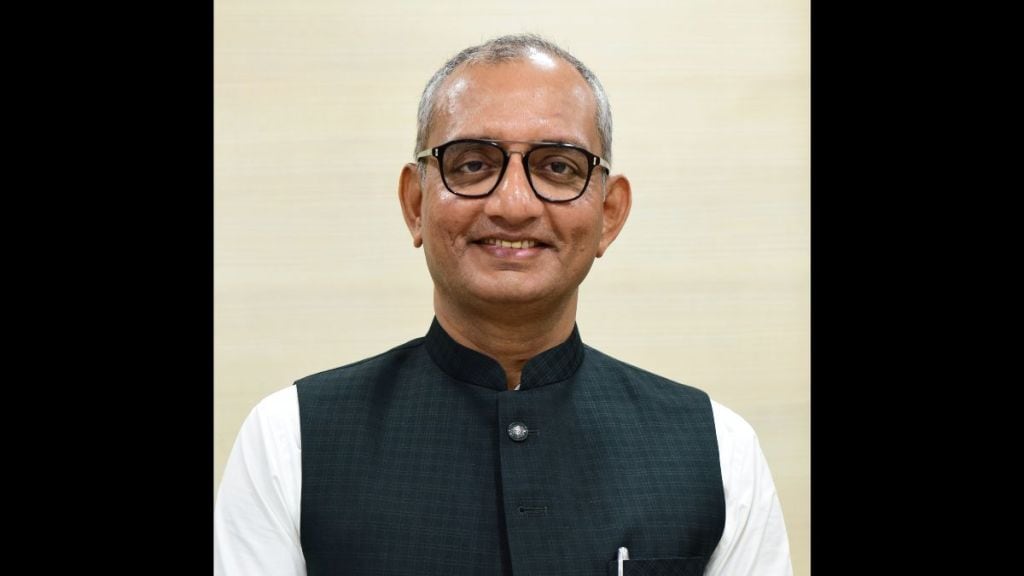Next year, the Ministry of Skill Development and Entrepreneurship (MSDE) will complete 10 years. Atul Kumar Tiwari, secretary, MSDE, talked to FE’s Vikram Chaudhary what all has been achieved in these years, what all challenges he foresees, and how students are realising that it’s not always a degree, but sometimes practical hands-on training that provides better jobs. Excerpts:
In which all sectors can India emerge as a supplier to the global skilled workforce requirements?
Jobs in foreign markets depend on India’s visa agreements with those countries and local and international mobility rules, but broader data has shown that Indians usually perform well in knowledge economy, digital economy and green economy, in addition to banking, information technology and construction. Indians are also doing well in areas such as engineering, hospitality and travel & tourism.
According to some reports, there are more than 500,000 apprentices in India. But as a proportion of the total workforce, this is a small number. Could we have done better?
We are doing well.
There are two fields of apprenticeship training:
—Designated trade: It implies apprentices pursuing any trade or occupation as notified by the government (these mostly include trades related to the traditional manufacturing sector).
—Optional trade: It implies apprentices pursuing any trade or occupation as may be determined by the industry. Optional trades are picking up quite fast and now we have almost 60% of apprentices in optional trade (it is reflective of the way our economy is growing, in the services sector).
The good thing is that the industry has started to realise that apprenticeship is a win-win for them. Let me explain how:
Apprentices get on-the-job training and also stipend. Companies can get persons whom they can train as per their needs, and after training they can be readily employed (as these employees have been moulded to that company’s requirements). This ensures low attrition rates. It’s a win-win for the economy as well — as more productive jobs get created. The good news is that even the MSME sector is opening up to the idea of apprenticeship.
But some gaps remain, and we need to approach the industry in a better way to make them understand that apprenticeship is good for them.
Will generative AI such as ChatGPT impact the jobs of blue colour employees?
There is lot of fear among the general population when we talk about artificial intelligence, and there is a perception that white collar jobs could be more impacted by generative AI, and blue collar less so. But we need to see any modern technology as a potent tool for increasing productivity. Yes, certain kinds of jobs are at risk (due to ChatGPT), but all employees must see technology as an opportunity and use it to their advantage. Today it is AI, and tomorrow it could be some other challenge. What we need to focus on is constant upskilling and reskilling, including metacognitive skills (analytical skills, problem solving skills, application skills, and so on). We must keep in mind that no government can control what kind of jobs will come or what kind of jobs will go away, because the job market is predominantly market-controlled, but what we can do at our end is make people more ready, more prepared for all kinds of jobs. We need to utilise the beneficial aspects of AI or any technology that is coming our way.
Skill India will soon complete its 10-year journey. What are the challenges you see towards skilling India now and over the next 10 years? Are states keeping up with the Centre in skilling India?
Vocational education and skilling is a Concurrent List subject (i.e. both the Centre and states can legislate on most aspects of skilling). Some states have done quite well in terms of skilling. Since 2014 when the Ministry of Skill Development and Entrepreneurship was founded, it has done a lot of work in laying down the building blocks of the skilling ecosystem as well as cementing it. Many states have ministries and departments looking after skilling, and some states also have district skilling officers. There is a realisation that skilling is good for everyone — the government, the industry and the general population — so everyone is working towards that. There is also a growing realisation that it’s not always a degree, but practical hands-on training that provides better jobs. Skilling is now being seen as education continuum, rather than labour continuum.


